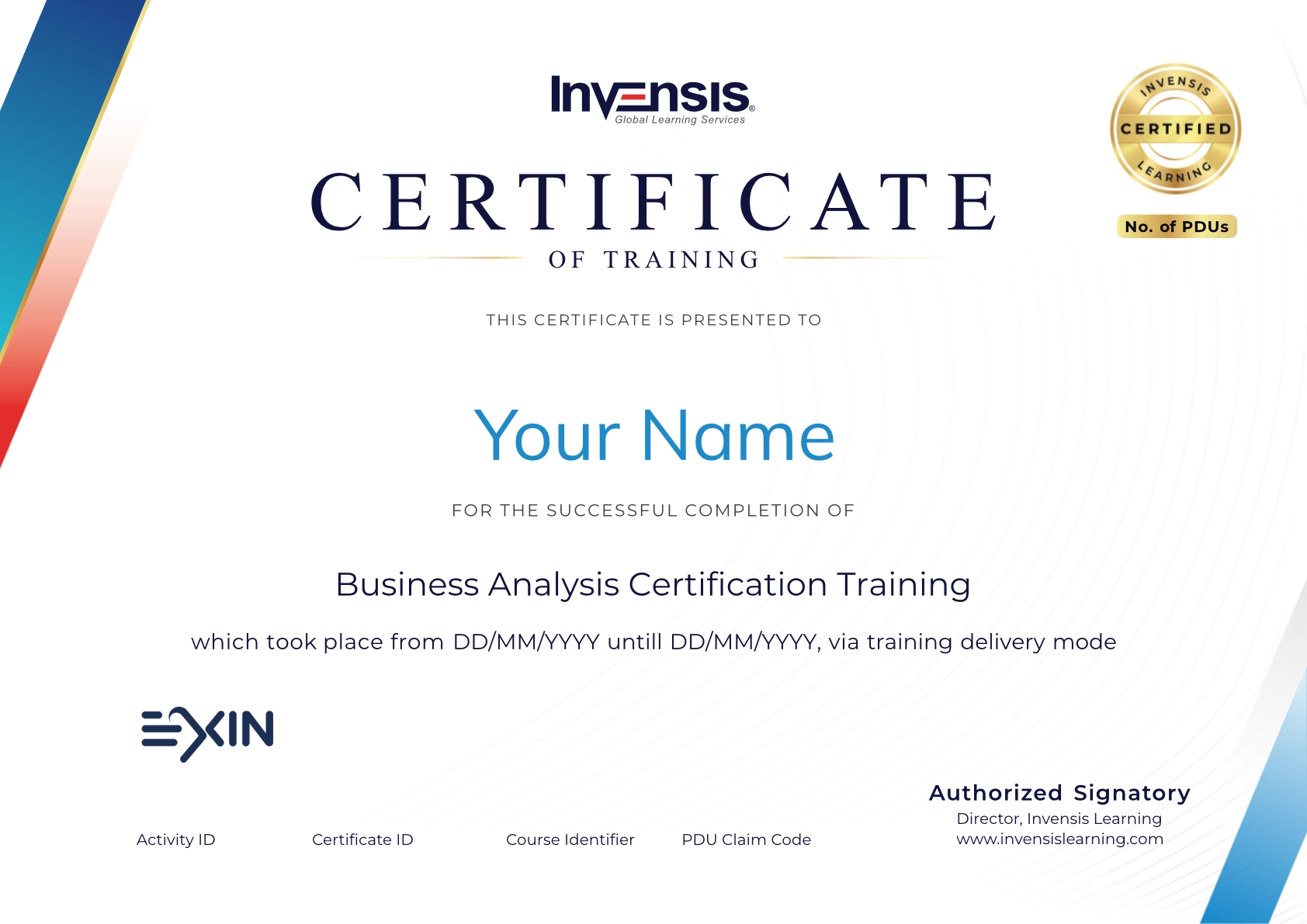In today’s fiercely competitive world, staying ahead in business requires more than just experience or a great idea. It calls for credibility, authority, and proof of skills—and that’s where business certifications come into play. Whether you’re an entrepreneur, a business executive, or a budding startup founder, certifications provide a structured path to mastering key business principles, earning client trust, and building a reputable brand.
From boosting your resume to ensuring regulatory compliance, business certifications are essential tools that unlock countless opportunities. In this article, we’ll explore why certifications matter, highlight some of the most valuable ones, and guide you on choosing the right certification for your business goals.
Why Business Certifications Matter
Building Trust and Credibility
In the business world, perception is reality. Certifications act as formal validation of skills, expertise, and ethical business practices. When clients or partners see that you or your business hold recognized certifications, it immediately builds trust. It shows you’re committed to quality, growth, and professionalism.
Enhancing Competitive Advantage
With so many businesses competing for attention, having certifications gives you an edge. Whether it’s ISO compliance or a PMP credential, these certifications can be the deciding factor between your business and a competitor. In many cases, especially for B2B companies, certain clients or government contracts may require specific certifications to even be considered.
Knowledge Expansion
Beyond reputation, business certifications are powerful learning tools. They introduce you to industry best practices, up-to-date strategies, and globally accepted standards. You don’t just get a badge—you get real, applicable knowledge that can transform how you run and grow your business.

Types of Business Certifications
Business certifications come in various categories, depending on your focus—project management, quality control, finance, leadership, or even sustainability. Below are some of the most recognized and widely accepted certifications:
1. Project Management Certifications
PMP (Project Management Professional)
Offered by the Project Management Institute (PMI), the PMP certification is a gold standard in project management. It validates your ability to manage projects, lead teams, and meet deadlines and budgets. Highly sought after across industries, PMP-certified professionals often command higher salaries and leadership roles.
CAPM (Certified Associate in Project Management)
Also offered by PMI, this certification is perfect for those starting in project management. It covers basic principles and frameworks such as Agile and Scrum.
2. Quality and Process Certifications
ISO 9001
This internationally recognized quality management certification ensures that your business consistently meets customer and regulatory requirements. It’s especially valuable for manufacturing, logistics, and service companies.
Six Sigma Certification (Green Belt, Black Belt)
Six Sigma focuses on process improvement and operational efficiency. A Green Belt is suitable for project leaders, while a Black Belt targets professionals in executive or senior project roles.
3. Financial and Accounting Certifications
CPA (Certified Public Accountant)
If your business deals heavily with accounting or financial compliance, hiring or becoming a CPA can be a game-changer. This certification signifies expertise in auditing, financial analysis, and regulatory compliance.
CFA (Chartered Financial Analyst)
Ideal for investment professionals, this rigorous certification provides in-depth knowledge of financial analysis, portfolio management, and ethical standards.
4. Entrepreneurial and General Business Certifications
Certified Business Analyst Professional (CBAP)
Aimed at experienced business analysts, CBAP demonstrates the ability to identify business needs and recommend relevant solutions.
Certified Manager (CM)
Offered by the Institute of Certified Professional Managers, CM is suitable for individuals who want to validate their management and leadership skills.
5. Small Business and Government Certifications
SBA 8(a) Business Development Program
This U.S. Small Business Administration program certifies disadvantaged businesses to access federal contracting opportunities and business training.
WOSB, HUBZone, and SDVOSB Certifications
Women-owned, historically underutilized business zones, and service-disabled veteran-owned small businesses can all gain special certifications to qualify for federal set-aside contracts.
How to Choose the Right Business Certification
Choosing the right certification depends on your business goals, industry, and personal aspirations. Here’s how to navigate the options:
Step 1: Identify Your Objective
Are you looking to improve operational efficiency? Win government contracts? Enhance leadership capabilities? Clarifying your goal helps narrow your options.
Step 2: Assess Industry Relevance
Each industry has its own respected credentials. For instance, ISO certifications are valued in manufacturing, while PMP is essential in IT and construction.
Step 3: Review Prerequisites
Some certifications require years of experience, education levels, or prior certifications. Make sure you meet the requirements before applying.
Step 4: Consider Time and Cost
Certifications can be costly and time-consuming. Factor in preparation time, exam fees, training materials, and recertification requirements.
Step 5: Look for Accreditation
Choose certifications from accredited bodies like PMI, ISO, or national boards to ensure the credential is recognized and respected globally.
The Impact of Business Certifications on Career and Company Growth
Whether you’re an individual professional or a business owner, certifications can transform your trajectory.
For Professionals
- Higher Salary: Studies show certified professionals earn significantly more than their non-certified counterparts.
- Increased Employability: Recruiters and HR teams often prioritize candidates with industry certifications.
- Skill Development: Continuous learning through certification programs leads to better performance and innovation.
For Businesses
- Client Confidence: Certifications act as trust signals in client acquisition.
- Operational Excellence: Training associated with certifications leads to improved processes and fewer errors.
- Access to New Markets: Certified businesses often qualify for specialized contracts and international expansion.
Business Certifications in the Digital Age
The rise of online learning has made business certifications more accessible than ever. Platforms like Coursera, edX, LinkedIn Learning, and Udemy offer industry-recognized certificates in leadership, digital marketing, data analytics, and more.
Many of these are backed by top institutions like Harvard, MIT, Google, and IBM. While not always replacing traditional certifications like PMP or ISO, they complement your credentials and keep you up to date with digital trends.
Common Myths About Business Certifications
“Certifications are just for beginners.”
False. Many advanced professionals pursue certifications to stay relevant, access leadership roles, or shift into new domains.
“It’s too expensive.”
While some certifications can be pricey, many offer scholarships, employer reimbursements, or affordable online options.
“Experience matters more than certification.”
Both matter. Experience shows what you’ve done, while certifications prove what you know and your dedication to professional growth.
Future Trends in Business Certifications
As industries evolve, so do certifications. Here’s what the future looks like:
- Green and Sustainability Certifications: As ESG (Environmental, Social, and Governance) becomes central to business strategy, expect certifications in sustainability leadership and green supply chains to rise.
- AI and Digital Strategy: With AI transforming industries, certifications in digital business models, AI ethics, and machine learning are becoming essential.
- Remote Management and Virtual Teams: New certifications focus on managing distributed teams and using collaborative tools effectively.
Conclusion:
In a fast-paced and ever-evolving world, continuous improvement is the key to staying relevant and competitive. Business certifications are more than formalities—they are strategic investments in knowledge, reputation, and success. Whether you’re looking to pivot careers, scale a business, or gain a foothold in new markets, certifications offer a roadmap to credibility and growth.
The right certification can open doors you never thought possible. So take the next step—choose a certification that aligns with your goals and start your journey toward a more credible and confident future.




